On the 24th of October every year, World Polio Day is celebrated to highlight global efforts to eradicate the paralytic virus and create awareness and lay emphasis on the importance of early vaccination for children to protect them from the disease.
Polio is a virus with a potential to cause paralysis that can sometimes be fatal. It is easily preventable by the polio vaccine. However, once contracted, illness can be managed but not cured. Polio is usually transmitted through contaminated water or food, or contact with an infected person.
Join our WhatsApp ChannelOnce an unvaccinated person comes in contact with a substance infected with the polio virus, chances of contracting the disease are high. It is also possible for a person to become infected and not show serious symptoms or any symptoms at all of the disease.
Lighter symptoms of the disease include flu-like symptoms such as sore throat, fever, tiredness. Headache, nausea, and stomach pain which can last up to 2 to 5 days and go away on its own. At worst case scenarios, polio symptoms can be expressed in the form of meningitis and paralysis(the most severe of the symptoms that can be fatal). 2-10 out of 100 infected persons who have developed paralysis from polio virus can die as the virus infects the muscles that aids their breathing.
READ ALSO: Many more children are missing out on life saving vaccines: How Niyel is reversing the trend
The polio virus can be very resilient as there’s a possibility of symptoms of polio reoccurring 15 to 40 years after a child has recovered from polio.
According to WHO, polio mainly affects children under five years of age and so early vaccination is advised. There are three serotypes of the wild polio virus (type 1, type 2 and type 3).
In August 2020, Nigeria was declared free of the wild polio virus but despite the eradication of the wild polio virus, polio found a way to express itself taking on the form of a vaccine-derived kind of polio.
A vaccine-derived poliovirus (VDPV) originates from the weakened live poliovirus found in the oral polio vaccine (OPV). If it circulates within under- or unimmunized populations or replicates in individuals with immunodeficiency for an extended period, the weakened virus can transform into a form that induces illness and paralysis.
OPV, administered in the form of oral drops, is a safe and effective vaccine containing one, two, or three strains of live, weakened poliovirus. It has played a crucial role in eradicating wild polioviruses worldwide by creating gut immunity that halts virus transmission.
VDPVs emerge when there’s insufficient polio vaccination, allowing the weakened poliovirus strain from OPV to spread among under-immunised populations.
In regions with low vaccine coverage, VDPVs can lead to outbreaks. Furthermore, individuals with specific immunodeficiency disorders can excrete the virus over extended periods, allowing it to evolve and potentially infect unvaccinated individuals.
In Nigeria, though free of WPV, VDPVs is still spreading. In 2022, Nigeria reported 170 cases, and as of May 14, 2023, 22 cases were confirmed from four states Sokoto, Kebbi, Lagos, and Zamfara and so the battle against polio still continues.
There is therefore the need for more polio virus immunisation to be made available to more Nigerians especially those in places where this variant is more common to prevent its spread and ensure that Nigeria is completely free from polio and its vices.

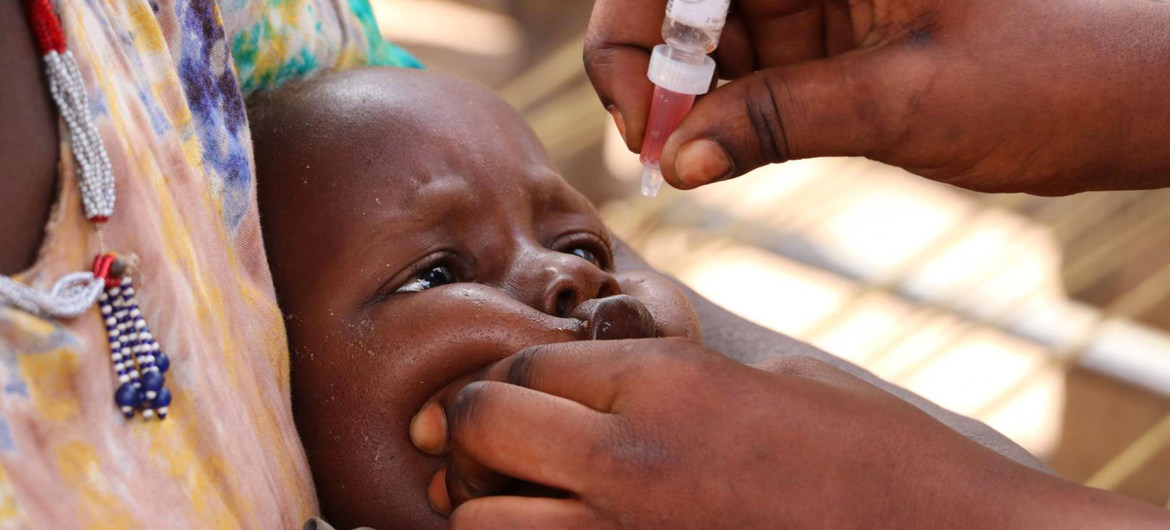


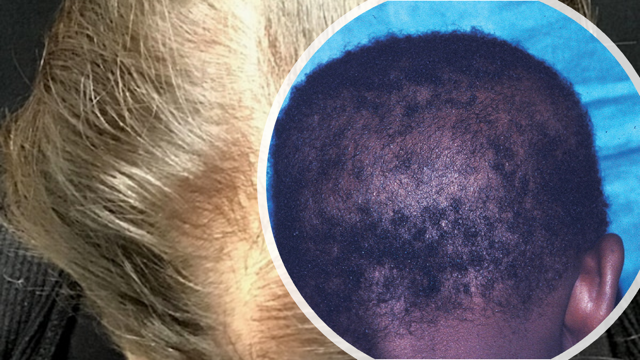

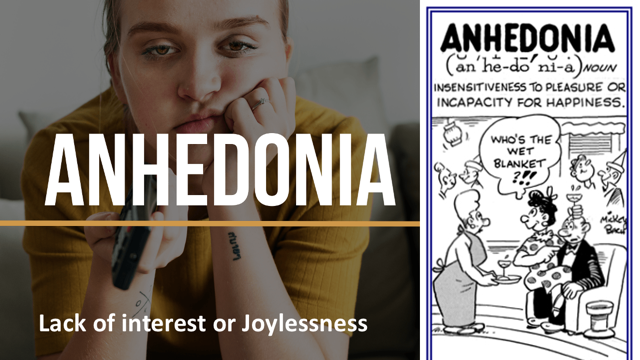
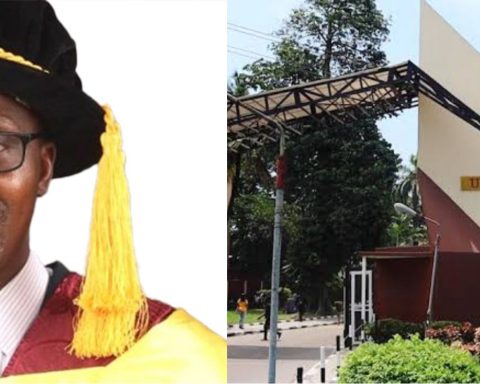
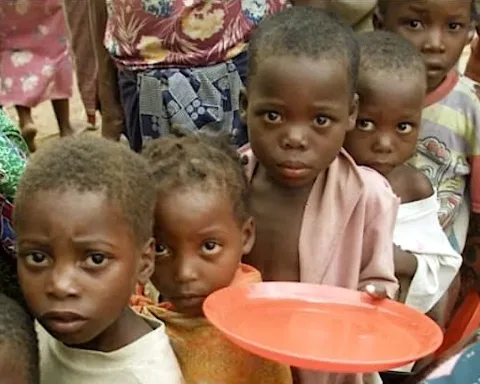






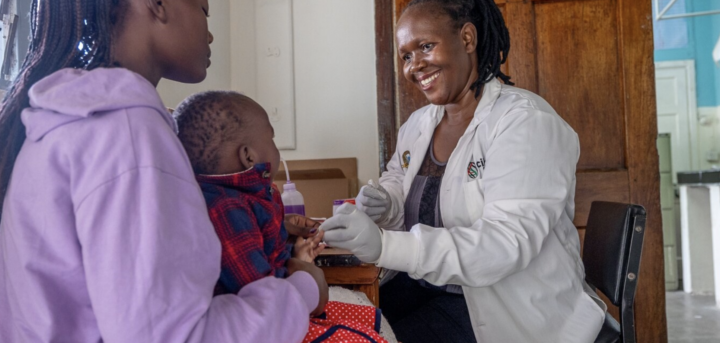
Follow Us